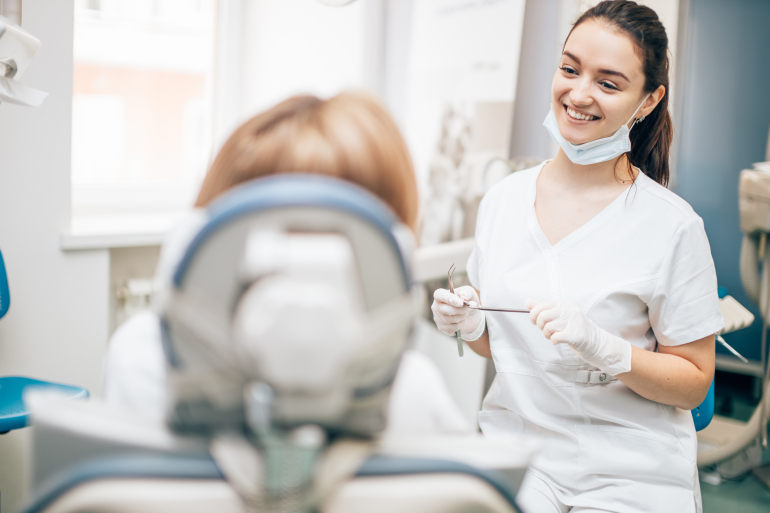UNSW Sydney, in collaboration with SDI Limited (SDI), has successfully developed a dental composite filling material that is an alternative to amalgam dental fillings, marking a significant breakthrough in dental care. This partnership, led by Professor Gangadhara Prusty, was part of an ARC Linkage and CRC-P-funded project that set out to solve one of the industry's major challenges: offering an alternative to amalgam, which is being phased out worldwide. This product, known as Stela is now being sold around the world.
By leveraging UNSW’s cutting-edge research capabilities, SDI was able to fast-track the development and market launch of their new, high strength and easy to place dental restorative. Within months of the project’s completion in 2023, SDI launched Stela onto the market. The product has quickly gained international traction, with demand outpacing supply in key markets across Europe, Asia, and North America.
